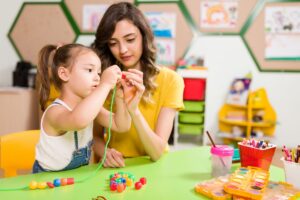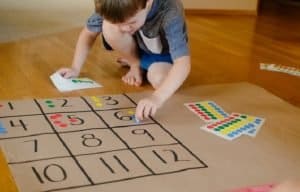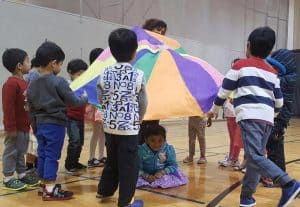Summer Fun Could Spell Academic Trouble
Summer learning loss among students in K-12 is a major issue that has been recognized and documented by scholars for more than a century. Students in schools can lose up to 2 1/2 months of grade level equivalency in Math or Reading over the course of a summer devoid of learning. Without any learning, students consistently demonstrate loss in math and reading scores on standardized tests when assessed at the end of summer.
Plethora of Learning Content
Summer learning loss impacts those students adversely who are unable to access learning during the summer months. With various options for continual learning available to students during the summertime these days, a summer learning slide should be a thing of the past. But it clearly isn’t. That even in today’s times – with various educational tools available online and at learning centers throughout – many students opt not to take advantage of those.Little do students know that being out of sync from their curriculum could be incredibly detrimental to their academic progress in the long run
A Culture of Frolic
Students have a perception that summertime is theirs to enjoy.Getting away from school learning is the norm for the average student.An attitude of staying away from learning is further perpetuated from observing peers. The notion of spending days without any access to learning appears not just desirable but acceptable.
Engaging All Minds
There are exceptional and academically inclined students who hardly stray too far from their books and course seven during summer time, but those are few and far in between. Most are looking for summer to be a fun time. The need of the hour, however, is to engage all young minds during the summer to stem the tide of the summer learning slide.
So what could be the answer? How might parents and educators mix into the culture of summer frolic some valuable dose of learning?
Experience of educators has shown that an emphasis on reading, math and science during summer months could be accomplished through an approach that:
(a) Combines learning with fun activities;
(b) Immerses students into engaging content; and
(c) Encourages group participation through games and contests.
Conclusion
Innovative approaches that blend learning with engaging techniques go a long way in making education palatable. That is especially true during the summer months when students are looking for an escape from anything that remotely resembles schoolwork. In a competitive age where students are expected to face a world even more reliant on technology and knowledge, the risk of summer learning loss can be mitigated to a large extent if prioritized early by parents. It is a timely stitch that can save a child playing catch up in their learning years – and potentially place them on a path to hit the ground running come fall when they return to their classrooms.







